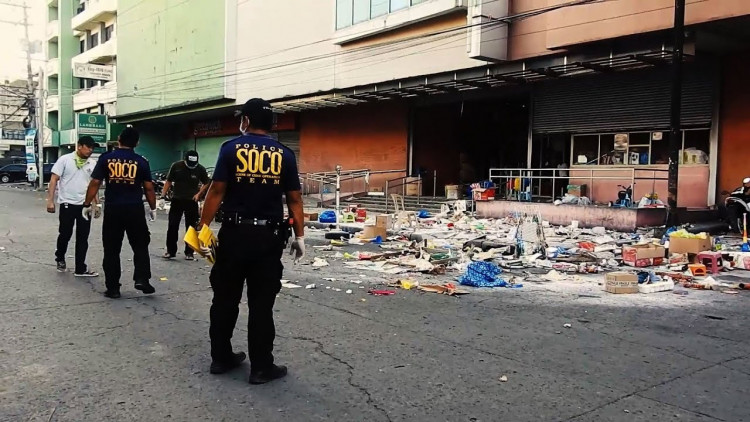Australia released a travel warning for its citizens against traveling to some parts of Southern Philippines due to recent terrorist activities and kidnappings. The advisory followed the United Kingdom's warning against traveling in some parts of the Philippines.
Australia's Department of Foreign Affairs and Trade warned its citizens from traveling to central and western Mindanao, specifying the Zamboanga Peninsula, and the Sulu archipelago and Southern Sulu Sea area. The warning advises Australians to practice "high degree of caution" while traveling to the3 Philippines and to reconsider any travel plan to eastern Mindanao. The warning was released after a bombing in Cotabato City on December 31 that killed two and injured at least 34 persons.
Prior to Australia's announcement, the United Kingdom released a warning for its citizens against traveling to Mindanao because of acts of terrorism and the on-going war between government forces and insurgent groups. U.K.'s Foreign and Commonwealth Office (FCO) cited the bombing as the reason for the advisory.
The advisory said that terrorists are very likely to try to carry out attacks in the Philippines, including Manila. It also said that terrorist groups continue to plan attacks and have the capacity and the intent to carry out attacks at any time and anywhere in the country including in places visited by foreigners, like airports, shopping malls, public transport, including a metro system and places to worship.
The advisory added that terrorist groups continue to plan kidnap operations against western nationals in the Philippines. It also said that the treat extends throughout the Philippines, both on land and at sea but is particularly acute in the Southern Philippines including Mindanao, Palawan and the central Visayas.
Currently, Mindanao is still under the Martial rule which was extended until the end of 2019 in an effort to protect the southern parts of the Philippines against terrorism. It was first declared by President Rodrigo Duterte in May 2017 after terrorists occupied the city of Marawi.
Teodoro Locsin, the Philippines' Foreign Affairs Secretary, said that it was only fair for the United Kingdom and Australia to issue a travel advisory because of the terror threats.
In the warning, the agency noted the recent advisory of the U.S. Department of Homeland and Security against the Ninoy Aquino International Airport which specified that the airport failed to meet the Agency's security requirements.
The United States Transportation Security Administration emphasized that NAIA needs to install new x-ray machines, walk-through metal detectors, and alarm systems.





